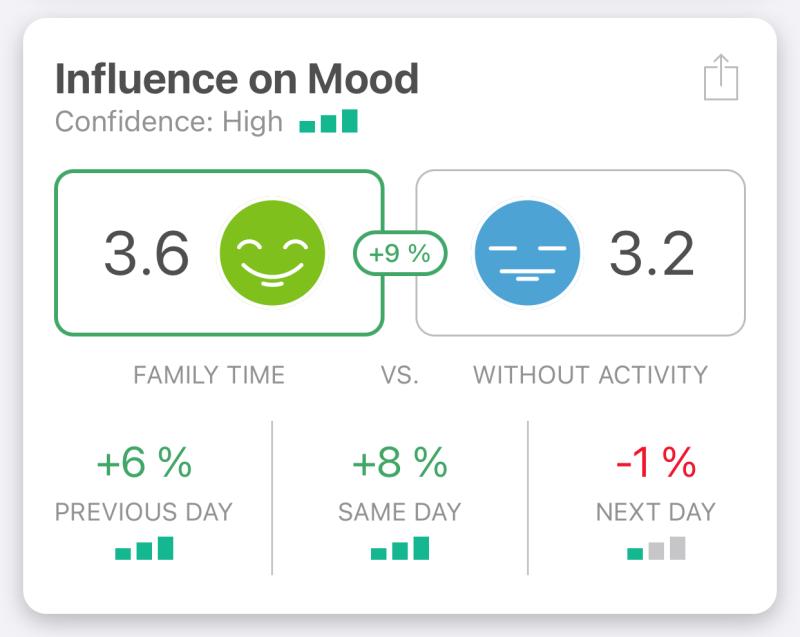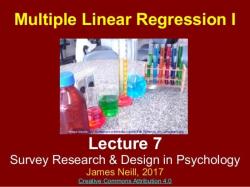What factors influence our mood?
Our mood is influenced by a complex interplay of various factors, including biological, psychological, and environmental elements. Here are some key factors that can influence our mood:
Biological Factors:
- Neurotransmitters: Chemical messengers in the brain, such as serotonin and dopamine, play a crucial role in regulating mood. Imbalances in neurotransmitters can impact mood states.
- Hormones: Fluctuations in hormone levels, particularly during menstrual cycles, pregnancy, and menopause, can affect mood in both men and women.
- Genetics: Genetic factors can contribute to predispositions for certain mood disorders or tendencies.
Psychological Factors:
- Cognitive Processes: How we interpret and perceive events can influence our mood. Negative thought patterns, self-talk, and cognitive distortions can contribute to feelings of sadness or anxiety.
- Personality: Individual personality traits, such as optimism or pessimism, can shape one's overall mood.
- Stress: High levels of stress, whether chronic or acute, can negatively impact mood. Coping mechanisms and resilience also play a role.
Environmental Factors:
- Social Support: Relationships and social interactions significantly influence mood. Positive interactions with friends, family, and a supportive social network can enhance mood.
- Physical Environment: The surroundings, including natural elements and the built environment, can impact mood. Sunlight, green spaces, and aesthetically pleasing environments may contribute to positive moods.
- Life Events: Major life events, both positive (e.g., marriage, graduation) and negative (e.g., loss, trauma), can have a profound impact on mood.
Lifestyle Factors:
- Sleep: Quality and duration of sleep play a crucial role in mood regulation. Sleep deprivation can lead to irritability and mood swings.
- Exercise: Physical activity releases endorphins, the body's natural mood lifters. Regular exercise is associated with improved mood and reduced stress.
- Nutrition: Dietary habits and nutritional intake can influence mood. Nutrient-rich diets with balanced meals contribute to overall well-being.
Cultural and Societal Factors:
- Cultural Norms: Cultural expectations and norms regarding emotional expression and social interactions can shape how individuals experience and express their moods.
- Societal Pressures: External pressures related to work, education, and societal expectations can impact mood. Economic factors and societal inequalities may also contribute.
Mind-Body Connection:
- Biofeedback: The bidirectional relationship between the mind and body, such as the impact of stress on physical health and vice versa, can influence mood.
- Mindfulness and Meditation: Practices that promote mindfulness and meditation have been shown to positively affect mood by reducing stress and promoting emotional well-being.
Substance Use and Medications:
- Substance Abuse: Alcohol, drugs, and other substances can alter mood, often leading to negative effects and potential mood disorders.
- Medications: Certain medications may have mood-altering effects, either positively or negatively.
It's important to recognize that these factors are interconnected, and individuals may respond differently to the same influences. Additionally, seeking professional support from mental health professionals can be beneficial for understanding and managing mood-related challenges.
Unveiling the Emotional Orchestra: A Conductor's Guide to Mood Influencers
Our moods, like a vibrant symphony, are influenced by a complex interplay of internal and external forces. Let's delve into the orchestra pit and explore the diverse instruments shaping our emotional states:
1. Mood Influencers: A Conductor's Toolkit:
Internal Forces:
- Biological Factors: Sleep patterns, hormonal fluctuations, dietary choices, and even genetics can play a role in influencing mood.
- Cognitive Patterns: Negative self-talk, rumination, and catastrophizing can significantly impact our emotional well-being.
- Personality Traits: Some individuals are naturally more prone to certain emotions, like anxiety or optimism.
- Mental Health: Conditions like depression or anxiety can profoundly affect mood and require professional support.
External Forces:
- Social Interactions: Positive connections with loved ones, supportive communities, and healthy romantic relationships can foster happiness and contentment.
- Stressors: Financial woes, work challenges, family problems, and other life stressors can trigger negative emotions.
- Environment: Exposure to nature, sunlight, and stimulating environments can boost mood, while cramped spaces or negative environments can have the opposite effect.
- Media Consumption: Watching uplifting content, listening to positive music, and engaging with inspiring stories can influence mood, while excessive social media exposure or consuming negative news can trigger anxiety or depressive symptoms.
2. Unveiling the Complexity:
- Interplay of Forces: These factors rarely operate in isolation. Our internal state can influence how we perceive and react to external events, and vice versa.
- Individual Differences: The relative impact of these factors varies greatly from person to person. What triggers anxiety in one person might elicit resilience in another.
- Dynamic Process: Our moods are not static; they fluctuate throughout the day and across life stages, influenced by our ever-changing experiences and internal landscapes.
3. Navigating the Symphony:
- Self-Awareness: Understanding your unique triggers and emotional patterns is crucial for managing your mood.
- Healthy Habits: Prioritize sleep, exercise, healthy eating, and stress management techniques to lay the foundation for emotional well-being.
- Positive Psychology Practices: Gratitude exercises, mindfulness meditation, and positive affirmations can cultivate a more optimistic outlook.
- Social Support: Surround yourself with supportive people who can offer encouragement and help you navigate challenging situations.
- Professional Help: When internal or external factors overwhelm your ability to cope, seeking professional help from a therapist or counselor is essential.
Remember, our emotional landscape is a complex symphony, a constant interplay of internal and external factors. By understanding these influences, cultivating healthy habits, and seeking support when needed, we can learn to navigate the music of our moods and cultivate emotional well-being. So, pick up your conductor's baton, listen to the orchestra within, and lead yourself towards a harmonious emotional symphony.












